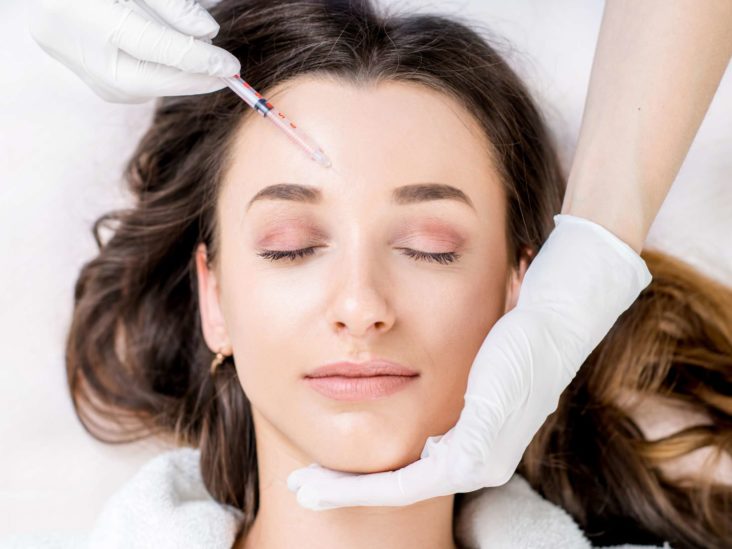Learn about the types, symptoms, diagnosis, and treatment of macular degeneration

Close up mature woman eye wearing glasses.
Have you ever wondered why people begin complaining of eye problems where they cannot see clearly after attaining the age of fifty? Most of them complain of reduced central vision in one eye, and then the other also suffers from the same concern later, while others develop this problem in both eyes at the same time. These concerns are commonly due to age-related macular degeneration that causes vision loss. Therefore, macular degeneration in Hell’s Kitchen is managed by ophthalmologists who diagnose and manage retinal diseases. Below is all you should know about macular degeneration.
What is macular degeneration?
Macular degeneration is typically a common eye-related health concern that causes loss of central vision. Mainly it occurs due to macular deterioration. The macula refers to a small region in the middle of your retina.
Types of macular degeneration
- Wet macular degeneration
Wet macular degeneration primarily affects approximately ten to fifteen percent of all cases. It is a type of degeneration when abnormal blood vessels form below the macula and the retina. As the wet macular degeneration progresses, the abnormal blood vessels bleed, leaking fluid that results in the formation of a dark spot in the middle of your vision.
- Dry macular degeneration
Dry macular degeneration occurs when tiny spots of drusen are a protein from beneath the macula. And as more of this protein accumulates, it damages the retina causing vision loss.
What are the symptoms of macular degeneration?
The symptoms one experiences depend on the macular degeneration you are having.
Symptoms of dry macular degeneration
- Blurred vision
- Distortion of straight lines
- Challenges adapting to low light
- Require bright lighting
- Trouble recognizing faces
Symptoms of wet macular degeneration
- Hazy vision
- Blurry spots in the vision field
- Dark spots in the vision field
It is also essential to note that none of the macular degenerations results in total blindness. Mainly this condition affects your central line of vision and does not affect your peripheral vision. The care providers can help you find vision rehabilitation resources, especially if you suffer from macular degeneration and other causes of low vision. The primary role of vision rehabilitation is to improve every patient’s ability to function with their reduced vision.
How is macular degeneration diagnosed?
The health care provider begins by performing a comprehensive eye examination, inquiring about any unusual symptoms you might be experiencing, and reviewing your medical history to help them come up with a diagnosis. They then test your central field of vision by advising you to look at a grid, and if some lines appear broken, that shows you may be at risk of having this condition.
The doctor may order additional tests like fluorescein angiography or additional treatments like injections in other cases. You might also be referred to a retina specialist for more consultations.
How is macular degeneration treated?
The treatment of macular degeneration varies depending on the severity of your system. You are first educated on your eye condition, and a treatment plan is developed. Some treatment options include lifestyle and diet modifications like formulated vitamins.
Macular degeneration can make you not recognize faces and different objects. Therefore, if you begin experiencing any of the above symptoms, call or visit Russell Micah Levine, MD, today and get started with the treatment that suits your needs.








